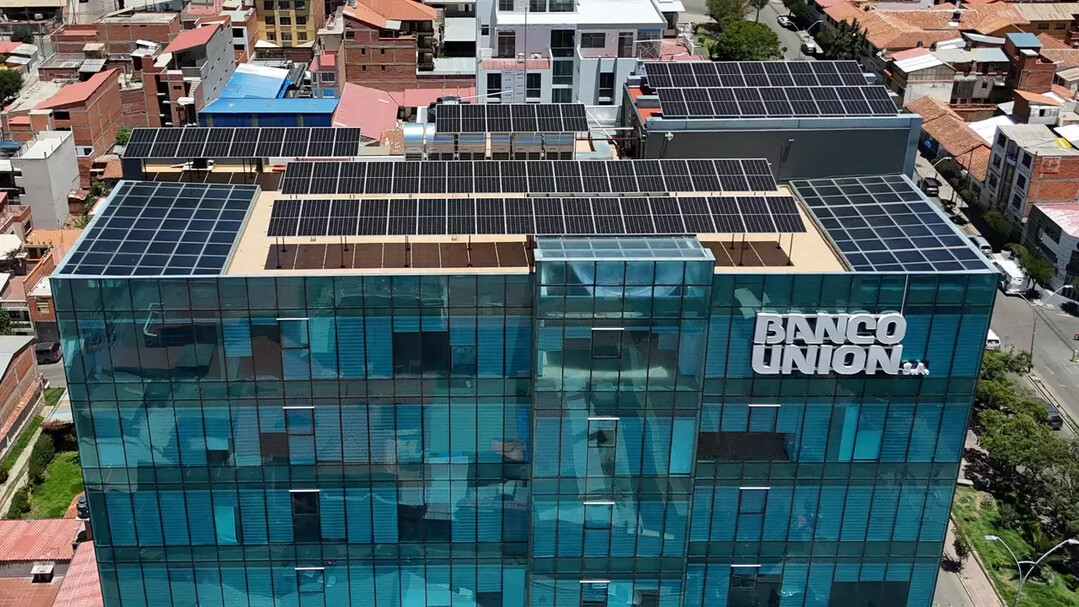
La Paz, Bolivia – Banco Unión has solidified its commitment to environmental sustainability by installing 168 solar panels across its buildings in La Paz and Sucre. This initiative aims to reduce the bank's carbon footprint, decrease reliance on conventional energy sources, and generate a positive environmental impact, all while achieving significant economic savings.
Phased Approach to Solar Integration
The installation of the solar panels was strategically planned in two phases:
Phase 1: Completed between December 27, 2024, and February 6, 2025, this phase focused on the national building in La Paz and the central building in Sucre.
Phase 2: Currently underway, this phase began on February 10 and is expected to conclude on May 25, 2025. It extends the solar panel integration to the central building in Cochabamba and the Cristo Redentor agency in Santa Cruz.
Technology and Capacity
The solar panels utilized are monocrystalline TopCon, known for their efficiency. The installation capacities are as follows:
La Paz National Building: 57.9 kilowatt peak (kWp) with 99 solar panels
Sucre Central Building: 40.3 kWp with 69 solar panels
Cochabamba Central Building: 22.2 kWp with 38 solar panels
Santa Cruz Cristo Redentor Agency: 63.1 kWp with 108 solar panels
Environmental and Economic Benefits
The adoption of solar technology is projected to yield substantial reductions in annual energy consumption:
La Paz National Building: Approximately 114.7 MWh
Sucre Central Building: Approximately 82.8 MWh
Cochabamba Regional Building: Approximately 41.59 MWh
Santa Cruz Cristo Redentor Agency: Approximately 97.1 MWh
In addition to the economic advantages, this initiative contributes to a significant decrease in carbon dioxide emissions, promoting cleaner air and the preservation of natural resources. Solar energy is a clean and sustainable alternative, free of waste and water pollution.
Long-Term Vision
The maintenance of the solar panels is entrusted to specialized companies, and the panels have a lifespan of 30 years, ensuring a lasting positive impact.
Banco Unión's commitment to sustainability extends beyond this project. For the year 2025, the bank plans to install photovoltaic modules in its regional buildings in Oruro, Tarija, Pando, and Beni, underscoring its dedication to a greener and more sustainable future.
[Copyright (c) Global Economic Times. All Rights Reserved.]





























